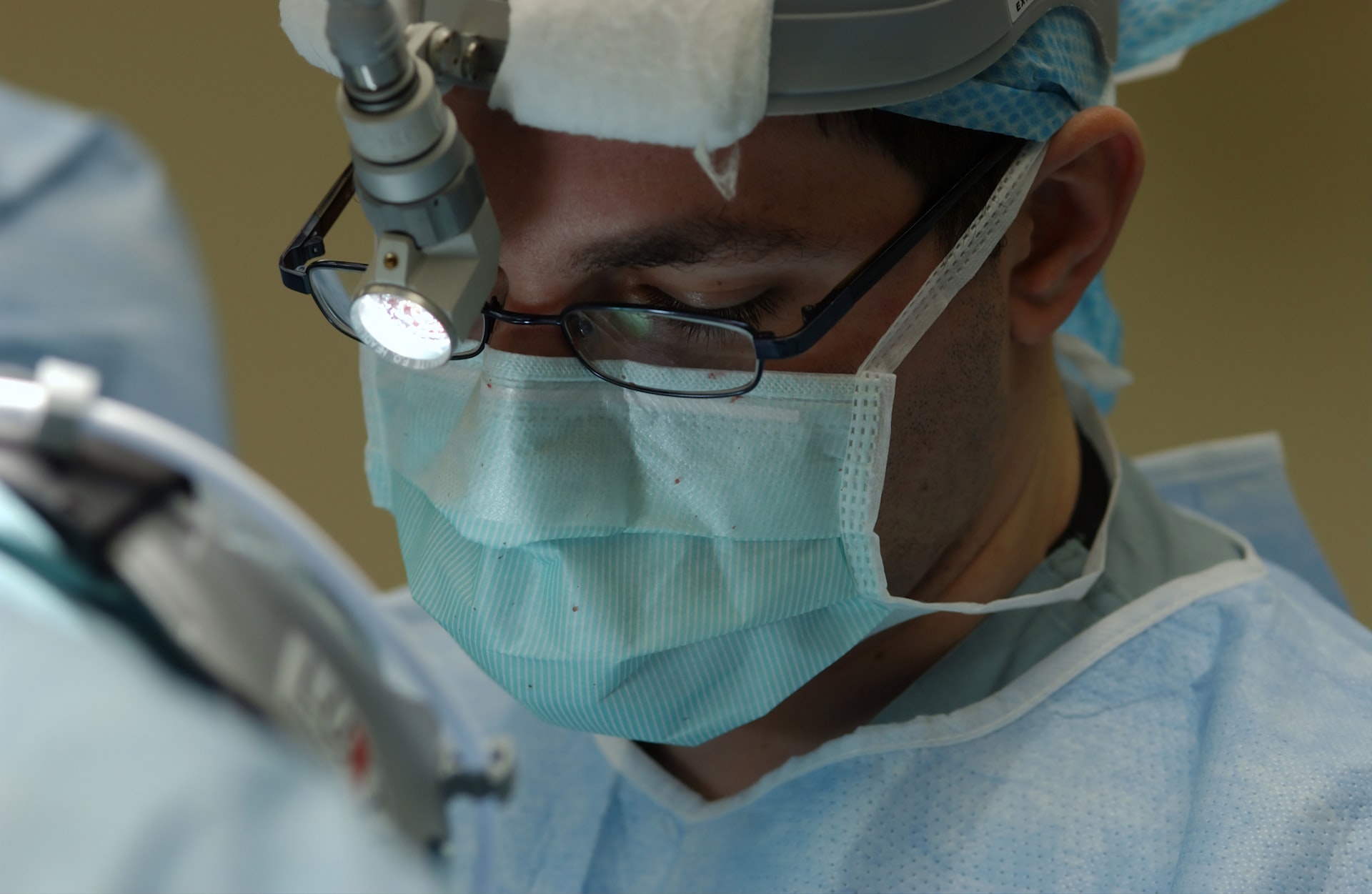Feb
27

Oral cancer might not be the most common cancer in the world – and it certainly doesn’t get press or media attention in the same way as others – but that doesn’t mean you shouldn’t understand its most common tell-tale symptoms.
In this blog post, we’re going to go over the early signs of oral cancer, so you’re better able to catch, diagnose, and treat the illness should it occur. Let’s take a look.
What is oral cancer?
Oral cancer is a type of cancer that develops in the mouth, throat, and/or larynx. The key to combating oral cancer is catching it quickly; if untreated, oral cancer can spread to the surrounding lymph nodes in the neck, as well as the throat, bones and lungs. Quick diagnosis from a dentist in London (or wherever in the country you may be) and prompt care will maximise your chances of successful treatment, and of your cancer going into remission.
Early signs of oral cancer
So, what should you look out for when it comes to spotting the early signs of oral cancer early? Here are some common symptoms that could warrant a prompt visit to your dentist:
Ulcers that won’t heal
One of the most common signs of oral cancer is having persistent ulcers in your mouth that won’t heal. These can appear in your mouth or on your tongue, and can either be painless or painful – cancer can present both ways – but will typically either stay the same size or get larger over time. Ulcers that take longer than 3 weeks to heal should be seen to by a dentist for an urgent evaluation – especially if you’re noticing any other symptoms, which we’re going to go into below.
White or red patches in throat
White or red patches in your throat can be another sign of oral cancer, and these can be more difficult to spot. Get into the habit of inspecting your mouth using a small light (the flashlight on your phone will do the trick) and a hand-mirror to inspect your gums, teeth, mouth, tongue, and the back of your throat on a regular basis. Not only will this help you spot any early signs of oral cancer, but you’ll also be able to notice signs and symptoms of gum disease, too.
Do also note that red and white patches in your mouth can actually be a sign of a bacterial or viral infection such as tonsillitis, but it’s still a good idea to get them checked out by a professional if you notice them.
Throat disturbances
The term “throat disturbances” is quite a catch-all one here, but can include any of the following symptoms: difficulty swallowing, a hoarse, rough or scratchy voice that occurs without any other symptoms, feeling as if you have something lodged in your throat, a persistent sore throat that isn’t a cold or an infection, throat or neck swelling, difficulty chewing, and changes to your voice or ability to speak. While most of these symptoms can be explained by other common illnesses or medical conditions, disturbances in your throat can also be an early sign of oral cancer, and merit a trip to the dentist or doctor for evaluation.
Dentures that no longer fit
If you’ve been fitted with a pair of dentures by a professional, they should fit correctly on your mouth without causing any problems or becoming difficult to wear – if they do become difficult to wear, it usually indicates a dental problem. If you’re not experiencing any other dental symptoms and your dentures begin to feel loose (or too tight) make an appointment with your local dentist for a check-up and an evaluation.
Later signs of oral cancer
While it’s always better to catch any cancer in the early stages, here are some later signs of oral cancer that shouldn’t be ignored:
Sudden loose teeth
If you notice sudden loose teeth yet you don’t have any ongoing cavities, tooth decay, or other dental problems, you should speak with a dentist right away. A sudden loose tooth can be caused by a tumour that is rapidly growing around the gum area, and requires prompt action and treatment.
Unexplained weight loss
Random and unexplained weight loss isn’t always a good thing – in fact, you should always consult with a doctor if you’re shedding lbs without intending to. While weight loss can be linked to a number of things (such as a change in work, improved diet or medication) it can also be a sign of cancer – so always go to the doctor for an evaluation.
Sudden bleeding
Sudden bleeding from the mouth can be an early sign of oral cancer, but it can also signal a growing tumour in its later stages. If you’re noticing persistent bleeding and pain in your mouth – that isn’t linked to any other ongoing problems such as gingivitis or gum disease – it’s a good idea to head to your dentist for a check-up.










